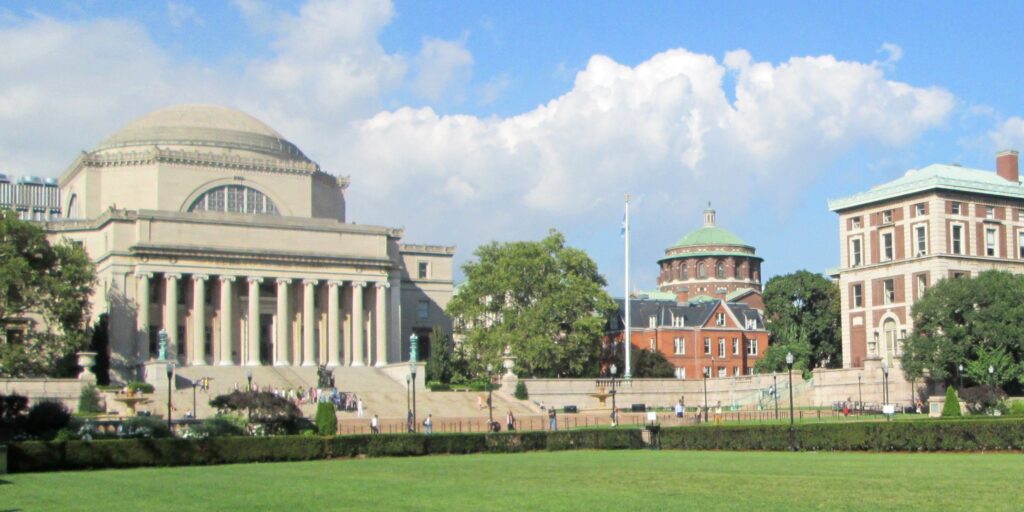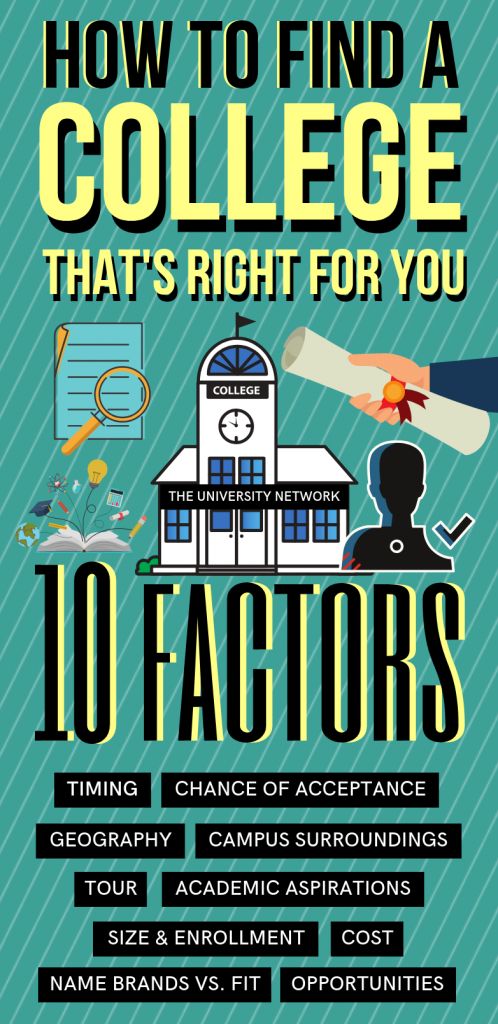
Columbia to Pay $9 Million for Misleading US News Rankings: Columbia University, one of the oldest and most prestigious Ivy League institutions, has agreed to pay a $9 million settlement to resolve a class-action lawsuit that accused it of falsifying data submitted to U.S. News & World Report for the college’s national rankings. This lawsuit and subsequent settlement have sparked a wave of discussion around the validity of college rankings, the accountability of elite institutions, and the true cost of prestige. But what actually happened? And what can students, families, and professionals learn from this case? Let’s break it all down.
Columbia to Pay $9 Million for Misleading US News Rankings
Columbia’s $9 million settlement for submitting false data to U.S. News & World Report is a wake-up call—not just for the university, but for the entire college admissions ecosystem. Rankings, while helpful, are only as trustworthy as the data behind them. This case shows what happens when prestige becomes more important than truth. For students, families, and education professionals, the takeaway is clear: Do your homework, question everything, and prioritize transparency over titles. Because in the end, the best college is not necessarily the highest ranked—it’s the one that’s right for you.
| Topic | Details |
|---|---|
| Settlement Amount | $9 million |
| Number of Students Affected | ~22,000 undergraduate students (2016–2022) |
| Allegation | Columbia submitted false data to U.S. News to boost its national ranking |
| Whistleblower | Professor Michael Thaddeus (Mathematics Department) |
| Data Misrepresented | Class sizes, faculty credentials, and spending per student |
| Resulting Ranking Drop | From #2 to #18 after truth came out |
| Columbia’s Stance | Denied wrongdoing but acknowledged past reporting errors |
| Official Source | Reuters Coverage |
What Happened?
Between 2016 and 2022, Columbia University reported inflated statistics to U.S. News & World Report to boost its place in national college rankings. In 2022, Columbia climbed to No. 2 in the U.S. News rankings—a position that helped the university attract top-tier students and command sky-high tuition.
But there was a problem.
Professor Michael Thaddeus, a tenured mathematician at Columbia, noticed inconsistencies in the university’s reported data. He conducted his own investigation, publishing a detailed exposé that found significant discrepancies between what Columbia told U.S. News and what internal or public records showed.
The most notable fabrication? Columbia claimed that 83% of its undergraduate classes had fewer than 20 students, a key metric in the rankings formula that helps portray a more personalized, intimate academic experience. Thaddeus’ findings suggested this number was far lower in reality.
In the months following the report, Columbia admitted to “deficiencies” in its reporting process, and U.S. News knocked it down to No. 18 in the 2023 rankings.
That fall from grace triggered a class-action lawsuit by students who claimed they had chosen—and paid premium tuition—to attend Columbia based on false advertising.

Legal and Financial Consequences
The lawsuit alleged that Columbia’s manipulation of data constituted a breach of consumer protection laws and false advertising, leading students to overpay for a product that wasn’t what it claimed to be.
In July 2025, Columbia reached a $9 million settlement, pending court approval.
While Columbia still denies any wrongdoing, the university has since stopped submitting undergraduate data to U.S. News rankings and now hires independent auditors to review its statistics before publication.
Here’s how the money breaks down:
- About one-third (~$3 million) may go toward legal fees.
- The rest (~$6 million) will be split among approximately 22,000 eligible undergraduate students.
- That means an estimated payout of around $270 per student, although this number could vary.
Why Rankings Matter—And Why This Case Matters More
To understand why this story is such a big deal, you have to understand the power of rankings.
College rankings like those published by U.S. News & World Report are used by:
- High school students choosing where to apply.
- Parents budgeting for college costs.
- Universities measuring themselves against peers.
- Employers reviewing candidates’ educational backgrounds.
- Scholarship boards setting eligibility requirements.
But here’s the issue: most of the data used in these rankings is self-reported by the colleges themselves. And until recently, it wasn’t independently verified.
That’s like grading your own test and expecting everyone to trust you.
When a major institution like Columbia intentionally inflates data, it throws off the entire system. Students may apply to the wrong schools. Families may incur unnecessary debt. Competing universities may feel pressured to cut corners just to stay relevant.
This settlement isn’t just about a financial penalty. It’s about accountability—and a call for reform.

Timeline of Events
Let’s look at how this all unfolded:
- March 2022: Professor Thaddeus publishes a critical analysis of Columbia’s submitted data.
- June 2022: Columbia withdraws from the 2022–2023 U.S. News rankings to “review its data.”
- September 2022: U.S. News downgrades Columbia from No. 2 to No. 18 in the national rankings.
- 2023: Columbia announces it will no longer participate in the undergraduate U.S. News ranking system.
- July 2025: Columbia agrees to pay $9 million to settle a lawsuit brought by students.
Expert and Student Reactions
The academic and student communities have responded with mixed emotions—ranging from outrage to disappointment to validation.
Professor Michael Thaddeus, the whistleblower, said in interviews that he had no personal vendetta against the university but felt a moral obligation to call out dishonesty.
Student reactions have ranged from “we deserve better” to “it makes me question every statistic I’ve read about other schools.” Some students have filed personal testimonies, stating that Columbia’s inflated ranking directly influenced their decision to enroll.
Alumni have also weighed in. Some are concerned the scandal could devalue their degrees, while others say the transparency could ultimately strengthen the institution’s long-term reputation.
Broader Impact of Columbia to Pay $9 Million for Misleading US News Rankings on Higher Education
Columbia isn’t the first—or only—university to get caught. In 2018, Temple University’s business school was found guilty of manipulating data, resulting in a similar scandal.
Since then, other institutions like Harvard Medical School and Yale Law School have opted out of U.S. News rankings, citing concerns about how the rankings measure quality and equity.
These shifts suggest that we may be witnessing a slow but steady erosion of the rankings system’s influence, particularly among elite schools.
And that might not be a bad thing.
Critics argue that rankings promote:
- Elitism
- Homogeneity
- Gaming the system over actual educational improvement
In the long term, the Columbia scandal may accelerate reforms that prioritize student outcomes, affordability, and transparency over superficial prestige.

A Smarter Approach to College Search
So, what’s the average student or parent supposed to do now?
Start with these steps:
- Use Multiple Sources: Don’t rely on one ranking. Combine data from U.S. News, Niche, College Scorecard, and direct school communications.
- Ask Schools the Hard Questions: When visiting or researching, ask:
- What’s your graduation rate by major?
- What’s the average student debt upon graduation?
- What job placement support do you offer?
- Look at Fit, Not Just Prestige: A school ranked No. 18 might be a better fit for you than the one ranked No. 2. Consider class size, program reputation, location, and cost.
- Consider Return on Investment (ROI): Use tools like College Scorecard to see how much graduates earn vs. how much they borrow.
- Read Independent Reviews: Sites like Niche.com and Reddit threads (like r/ApplyingToCollege) offer unfiltered student experiences.







